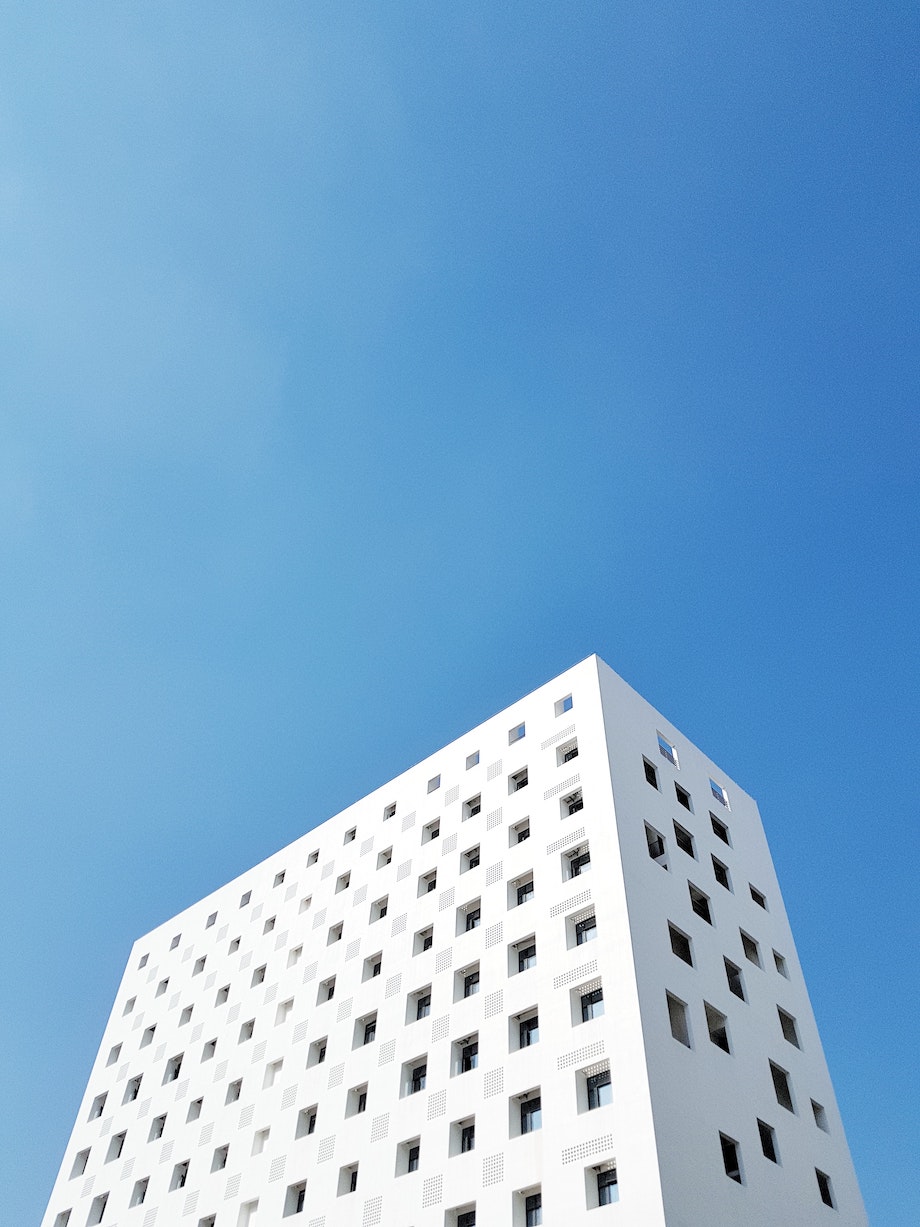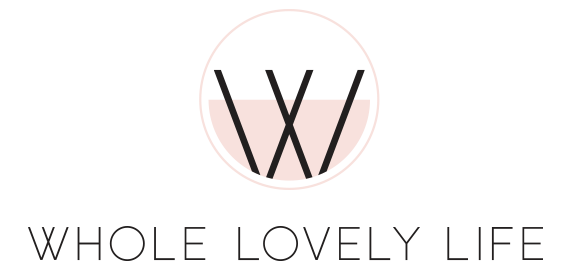 Have you ever thought about the lives our ancestors led, filled with a great amount of discomfort in there everyday lives? They didn’t have the ease of purchasing warm, water-resistant down coats with a click of a button. They did not have any food their heart desired available on every corner, or the comfort of warm, cozy beds to climb into each night. Despite their hardships, our ancestors were stronger, both physically and mentally, thanks to the challenges and discomforts they faced.
Have you ever thought about the lives our ancestors led, filled with a great amount of discomfort in there everyday lives? They didn’t have the ease of purchasing warm, water-resistant down coats with a click of a button. They did not have any food their heart desired available on every corner, or the comfort of warm, cozy beds to climb into each night. Despite their hardships, our ancestors were stronger, both physically and mentally, thanks to the challenges and discomforts they faced.
We often associate comfort with a sense of security, contentment, and peace. However, have you ever stopped to consider the potential drawbacks that comfort might bring? Let’s explore why excessive comfort can be detrimental to our health and our minds, and discover how embracing discomfort can lead to personal growth and a more fulfilling life.
Take a moment to recall the most recent instance when you found yourself in an uncomfortable situation, and reflect on how you felt afterward. Whether it was a situation you purposefully created for yourself or one you happened to stumble into. I bet when you reflect you can find aspects of that experience that make you feel proud of yourself or surprised you were able to make it through.
COMFORT AND THE BRAIN
Before we delve into the reasons why an excessively comfortable life can have negative effects on our health and well-being, it is important to understand the underlying reasons we gravitate towards comfort.
Comfort is intricately linked to our brain’s innate desire for safety and security. Our brains are wired to seek out familiar and predictable environments, situations, and routines as a means of reducing perceived threats and maintaining a sense of stability.
The comfort we experience serves as a protective mechanism, allowing our brains to conserve energy and minimize risks. It acts as a shield against the unknown and potential dangers that could throw us off balance. While comfort may bring a sense of security, pushing ourselves outside of comfort can lead to amazing growth.
WHY COMFORT CAN BE DETRIMENTAL TO YOUR WELL-BEING
- The Alluring Trap of Comfort: In our modern world, comfort is constantly marketed to us as the ultimate goal. We’re bombarded with advertisements promising a life of ease and convenience, enticing us to seek comfort at every turn. Many of us go from an air conditioned or heated home, to an air conditioned or heated car into a parking garage and then right into a building with a similar temperature. Never once stepping food outside. No one likes to be cold or hot because its uncomfortable! While there’s nothing wrong with enjoying comfort in moderation, relying too heavily on it can create a hidden trap that hampers our personal growth.
- Stagnation and Lack of Challenge: Comfort has a tendency to keep us stagnant. When we settle into a comfortable routine, we often stop challenging ourselves and seeking new experiences. We become complacent, missing out on opportunities for personal growth and learning. The absence of challenge can leave us feeling unfulfilled and dissatisfied, stifling our potential to evolve as individuals. We think we want comfort but its impossible to thrive or feel fulfilled without a bit of discomfort.
- Mental and Emotional Stagnation: Comfort also affects our mental and emotional well-being. By avoiding discomfort and seeking constant ease, we miss out on valuable opportunities for personal reflection and emotional growth. True growth often arises from facing our fears, confronting difficult emotions, and stepping out of our comfort zones. Embracing discomfort can lead to self-discovery and a deeper understanding of ourselves.
- The Dangers of Physical Comfort: While physical comfort is undoubtedly enjoyable, excessive comfort can lead to detrimental effects on our health. The sedentary lifestyle that often accompanies comfort-seeking habits can contribute to weight gain, muscle atrophy, and a higher risk of poor physical and mental heath. By breaking away from constant physical comfort and incorporating movement and exercise into our lives, we can promote better physical health and vitality. The reality is your body is amazing and capable of more than you may thinks. Challenging your fitness level especially as you be come stronger will continue to benefit you.
- The Power of Discomfort: Embracing discomfort can be transformative. When we challenge ourselves, face our fears, and push beyond our limitations, we tap into our inner resilience and strength. Stepping outside of our comfort zones helps us develop new skills, build confidence, and broaden our horizons. It opens doors to new possibilities and allows us to live life to the fullest. Like most doing something brand new or putting myself out there can be terrifying but once its over you look back being so thankful for the experience.
- Cultivating a Balanced Approach: While comfort should certainly be part of our busy lives, finding a healthy balance is crucial. By consciously incorporating small doses of discomfort into our lives, we can unlock our full potential and experience personal growth.

CREATING PURPOSEFUL DISCOMFORT IN OUR LIVES
Creating purposeful discomfort in our lives can be a powerful catalyst for personal growth and development. Here are some ways to intentionally introduce discomfort:
- Try New Experiences: Step out of your comfort zone by engaging in activities or hobbies you’ve never tried before. Embrace the unfamiliar and challenge yourself to learn new skills or explore different perspectives.
- Set Challenging Goals: Push yourself beyond your current limits by setting ambitious goals that require effort and perseverance. Whether it’s in your career, fitness, or personal pursuits, aiming for higher achievements can bring a sense of purposeful discomfort.
- Embrace Vulnerability: Allow yourself to be vulnerable by opening up to others, expressing your emotions, and sharing your true self. Stepping out of your emotional comfort zone can lead to deeper connections and personal growth.
- Seek Feedback and Constructive Criticism: Welcome feedback from others, even if it means hearing areas where you can improve. Embrace the discomfort of receiving constructive criticism as an opportunity for self-reflection and growth.
- Travel and Immersion: Explore new cultures, environments, and experiences through travel or in your own city or state. There are so many new experiences right under our noses. Immersing yourself in unfamiliar surroundings can challenge your adaptability and broaden your perspectives.
- Physical Challenges: Engage in physical activities that test your endurance, strength, or flexibility. Pushing your physical boundaries through exercise, sports, or outdoor adventures can foster resilience and personal growth.
Remember, purposeful discomfort should be approached with a balanced mindset. It’s essential to listen to your body, honor your boundaries, and prioritize self-care throughout the process.
If there is one thing I have learned during my many, many years of healing its that life is a beautiful journey of growth and self-discovery. By consciously stepping away from excessive comfort and embracing discomfort, we open ourselves to a world of endless possibilities. Give yourself the OK to be challenged, to learn and grow from your experiences, and to embrace the discomfort that ultimately leads to a truly fulfilled life.
How do you create purposeful discomfort in your life?
In Love, Health + Gratitude,
Katie
